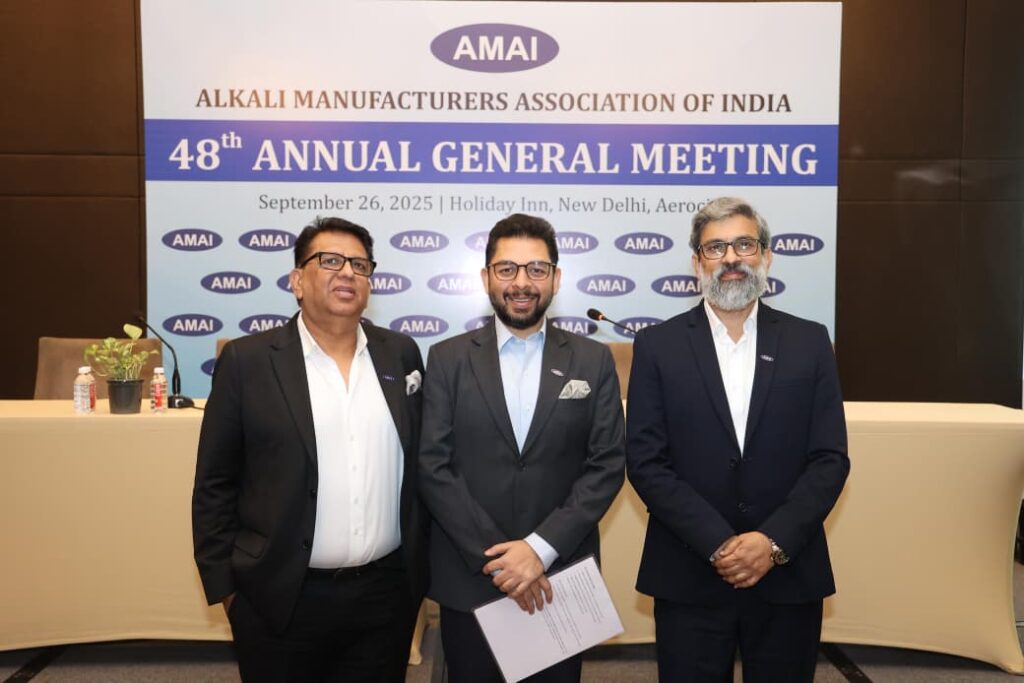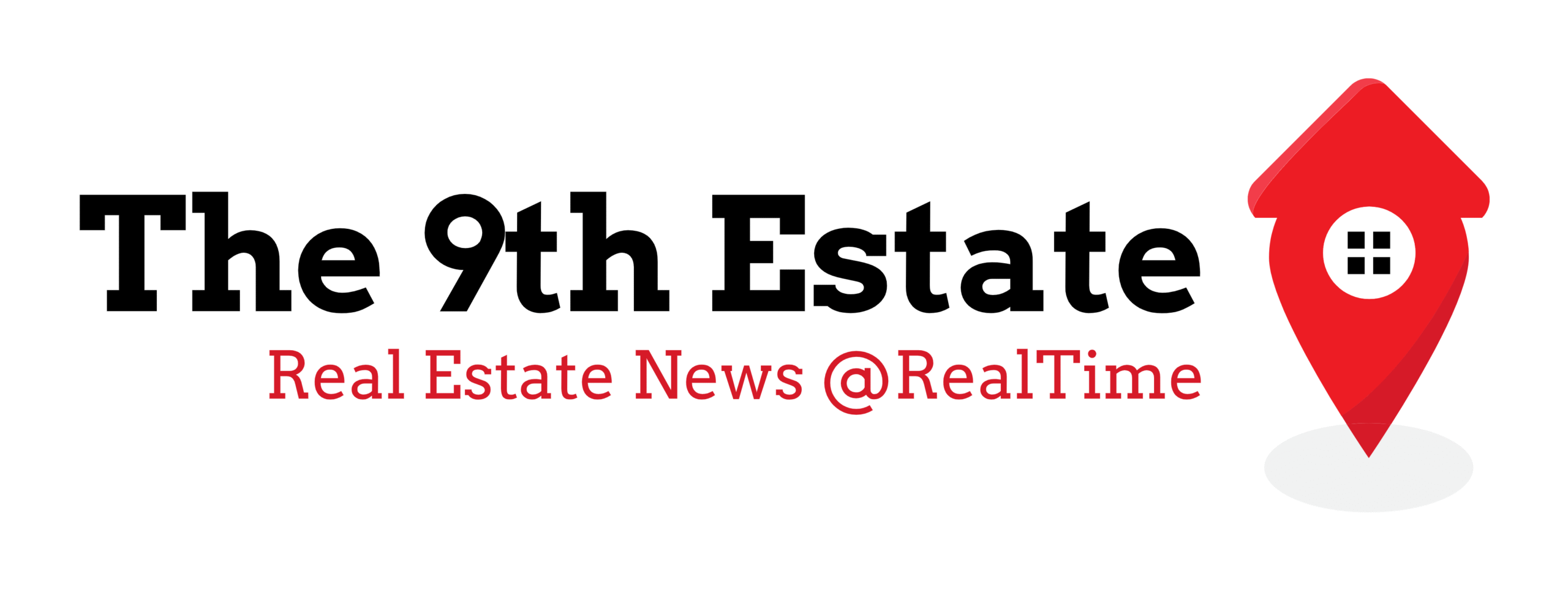New Delhi, 29th September 2025 – Aditya A. Shriram, Deputy Managing Director, DCM Shriram Ltd., has been elected as the new President of the Alkali Manufacturers Association of India (AMAI) — the apex body representing the ₹36,000 crore Alkali and Chloro-Vinyl industry in India. Prashant J. Mahale, Senior Executive Vice President, Reliance Industries Ltd., has taken over as the new Vice President of AMAI. The appointments were announced at the 48th Annual General Meeting held in New Delhi.

Aditya A. Shriram is an Industrial Engineer from Cornell University and holds an MBA from London Business School. With extensive experience across various businesses and functions within the DCM Shriram Group, he is a strong advocate for sustainable growth, ethical business practices, and high ESG standards.
Prashant J. Mahale brings over 35 years of leadership experience in sectors including petroleum downstream, petrochemicals, chlor-alkali, specialty and bulk chemicals, and the pulp & paper industry. At Reliance Industries, he has held key leadership roles with P&L responsibility, managing feedstock operations, strategic procurement, and commercial contracts. A Chemical Engineer by training, he has completed executive programs at ISB Hyderabad, Darden School of Business (University of Virginia), and XLRI Jamshedpur.
AMAI represents Indian producers of caustic soda, chlorine, soda ash, PVC, CPVC, and other related products — vital inputs for a wide array of industrial and consumer goods. The industry plays a key role in supporting the ‘Make in India’ initiative by fulfilling the country’s domestic demand despite challenges from global competition and cheap imports.
Key applications of:
-
Caustic soda include aluminium processing, textiles, chemicals, soaps & detergents, and pulp & paper.
-
Soda ash is used in glass manufacturing, detergents, and silicates.
-
Chlorine is essential for PVC, chlorinated paraffin wax (CPW), chloromethanes, water disinfection, and chemical synthesis.
AMAI also leads pioneering efforts in chemical safety training, especially for handling hazardous substances such as chlorine, sodium hypochlorite, and bleaching agents, which are critical for disinfection but require safe handling practices.

